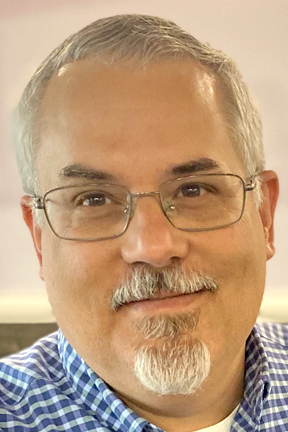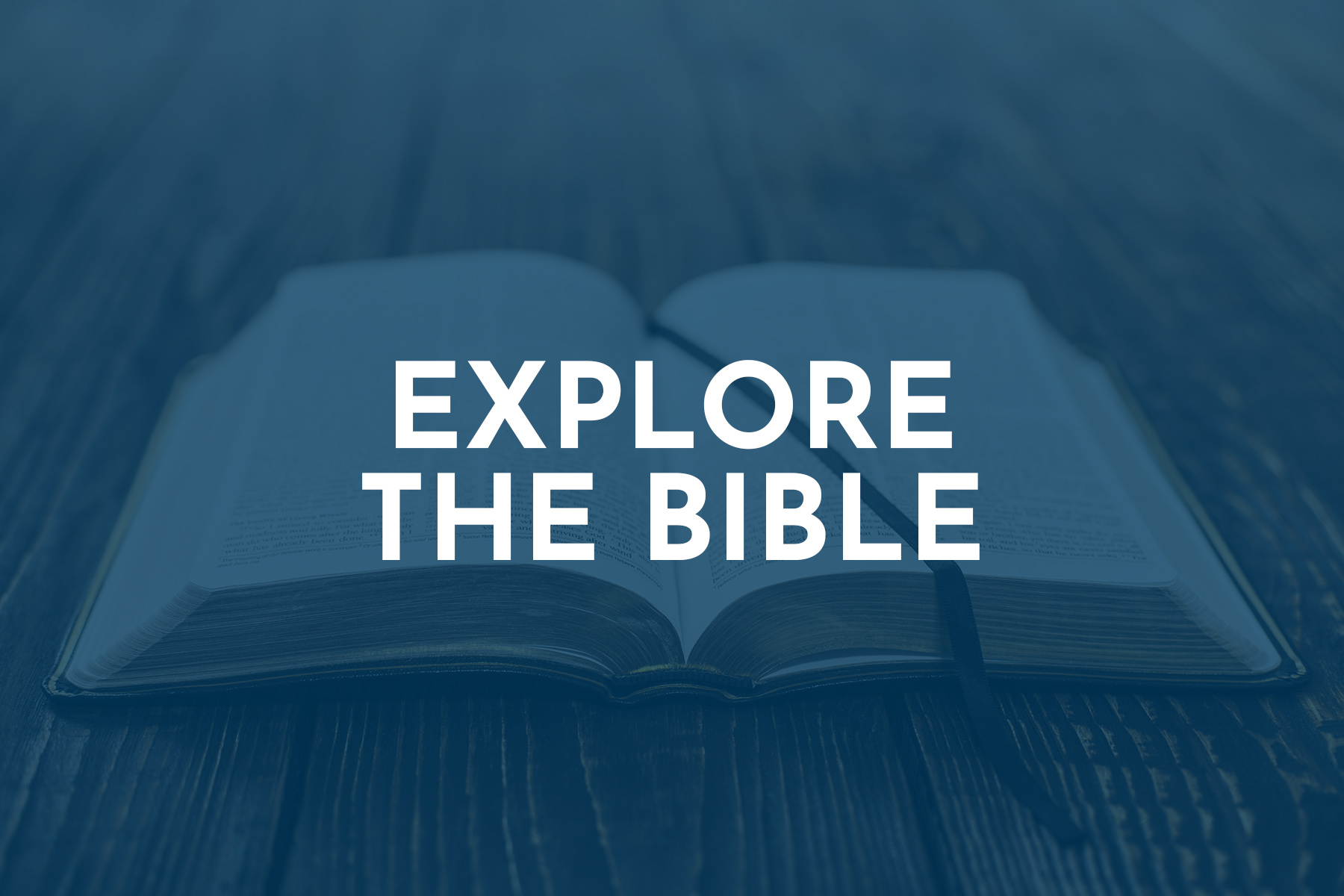Including • Acts 10:34-48
By Roland L. McMillan

National, racial, and ethnic divisions are part of our world; part of the human story since Babel. Different groups of people with different histories and different lifestyles often tend to keep to themselves. In many cases, one group thinks of another group as “unclean,” dirty. For a man like Peter in the first century, the thought of bridging the gap between Jew and Gentile never would have entered his mind. Bringing the two together would have been unthinkable. Gentiles did not follow the Old Testament laws about “clean” and “unclean.” In this way of thinking, Gentiles were dirty, and associating with them would make you dirty, too. The passage for this week’s lesson, and the larger story of which it is a part, is the story of how God changed Peter’s mind and broke through all kinds of differences between people by the power of the Spirit.
In the earliest chapters of Acts, the church had been defined by Jerusalem. All the challenges, all of the triumphs happened in Jerusalem. The martyrdom of Stephen scattered the Jerusalem church, and the gospel message spread. At the end of Acts 9, Peter was staying on the coast in Joppa. At the beginning of chapter 10, the scene shifts to the city of Caesarea. A Gentile named Cornelius had a vision of an angel who told him to send for Peter in Joppa. As the men Cornelius sent were approaching the house where Peter was staying, Peter had been praying and had a vision. The point of the vision was that Peter should not call anything “unclean” that God has made clean. When the men arrived at the gate, the Spirit spoke to Peter, telling him to go with the men. Peter went with them to Cornelius’ house in Caesarea. In the last few verses before the lesson passage, we see that Peter’s mind has been changed by God. God was leading Peter to move past all kinds of differences with the gospel message.
Peter found a large group of people waiting for him at Cornelius’ house. The lesson passage begins in verse 34 as Peter’s sermon begins. Peter started by talking about the change in his thinking. He now knows that God accepts all kinds of people. Since they were in Caesarea, Peter assumed that his listeners had heard about Jesus. We see this in how Peter said “you know” in verse 37. (Some translations include it in verse 36 for good English sentence structure.) Much like other sermons in Acts, Peter focused on the basic facts about Jesus. Verse 39 is important. Peter was one of the witnesses of everything that happened with Jesus in his public ministry, crucifixion, and resurrection. Maybe Cornelius and others had heard about Jesus, but Peter was there with Jesus. The truth about Jesus is not just hearsay and not just religious opinions but is based on facts established by witnesses.
Peter was still talking about Jesus when the Spirit came on all the Gentiles who were listening. There was no doubt about the coming of the Spirit because the Gentiles were speaking in tongues. This has been called the “Gentile Pentecost,” and Peter seems to have understood it this way. He said that the Gentiles “received the Holy Spirit just like we have” (10:47), referring to his own experience at Pentecost. Like Pentecost, this was a one-time event. Throughout Acts, the Spirit comes in different ways, but always is connected to a person surrendering to Jesus. In this case, the Spirit gave his stamp of approval for Gentiles being part of the Jesus movement. There are no “unclean” people when it comes to the gospel message. The Spirit is the great unifier in the name of Jesus. Cornelius and the others were baptized to identify with Jesus. Throughout Acts, baptism by immersion always is connected to a person becoming part of the Jesus movement.
God’s activity throughout this story leaves no doubt that God was acting to bring Gentiles into the church. The Spirit smashed through the Jew/Gentile barrier. Reading the lesson passage in its context in Acts 10 and 11 shows that God’s activity is behind everything. Maybe national, racial, and ethnic divisions are part of the world, but the story of the church from the earliest days has been about how God breaks through those barriers. No one is too dirty for the gospel.
McMillan is pastor of Prentiss Church, Prentiss.




